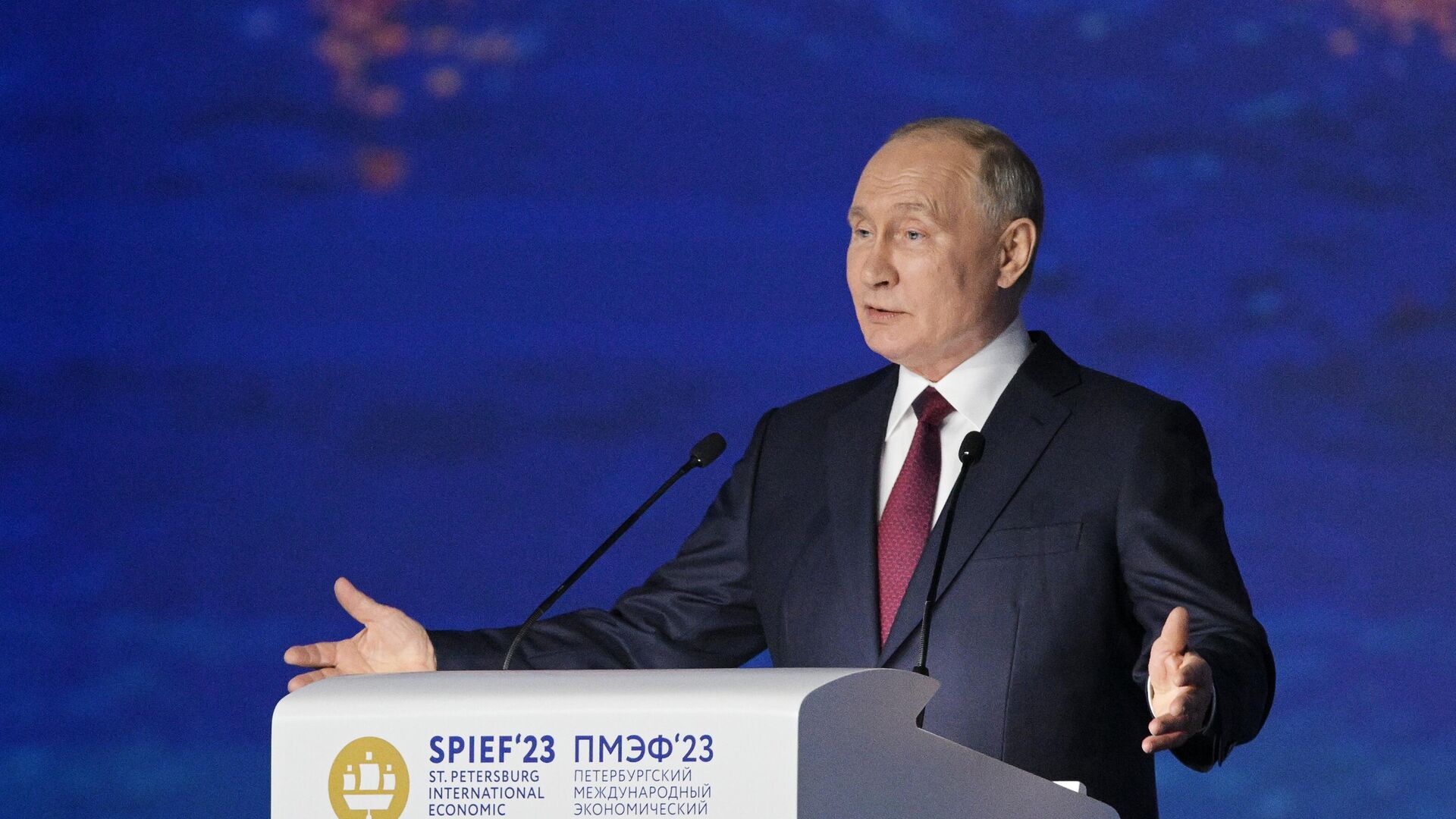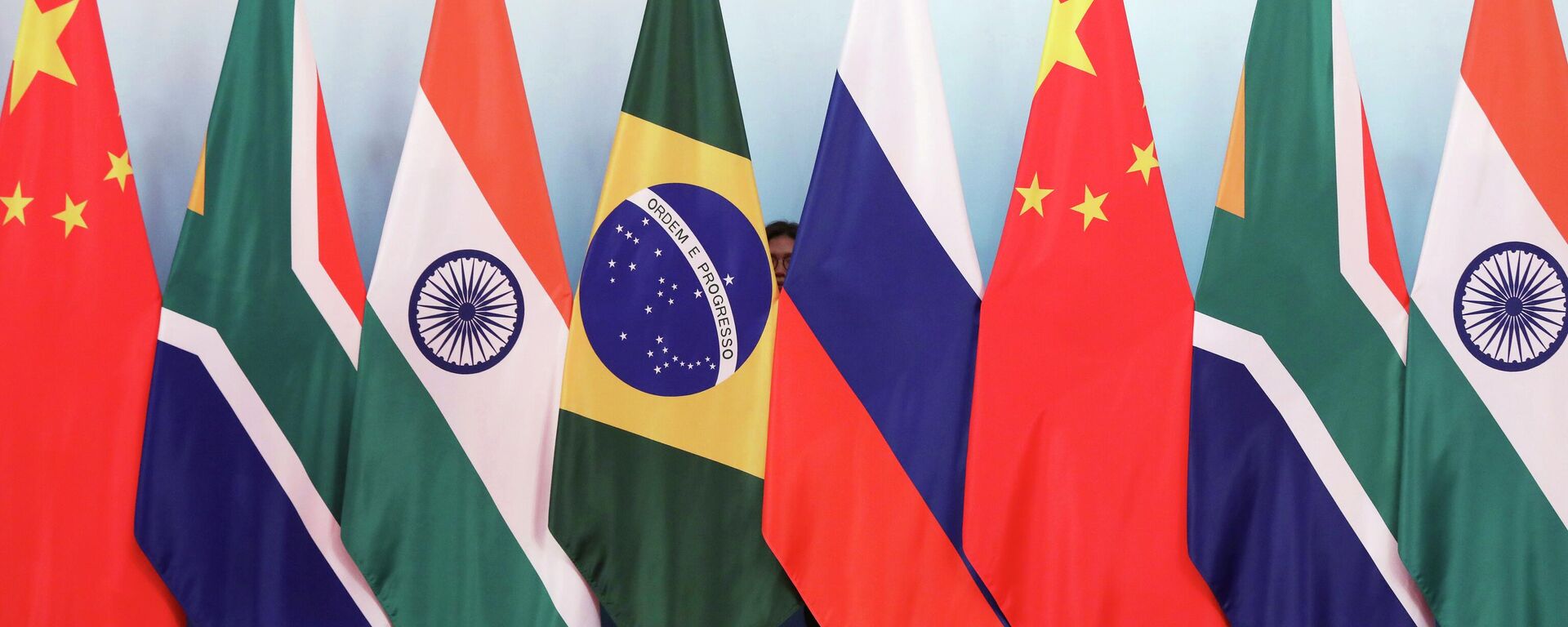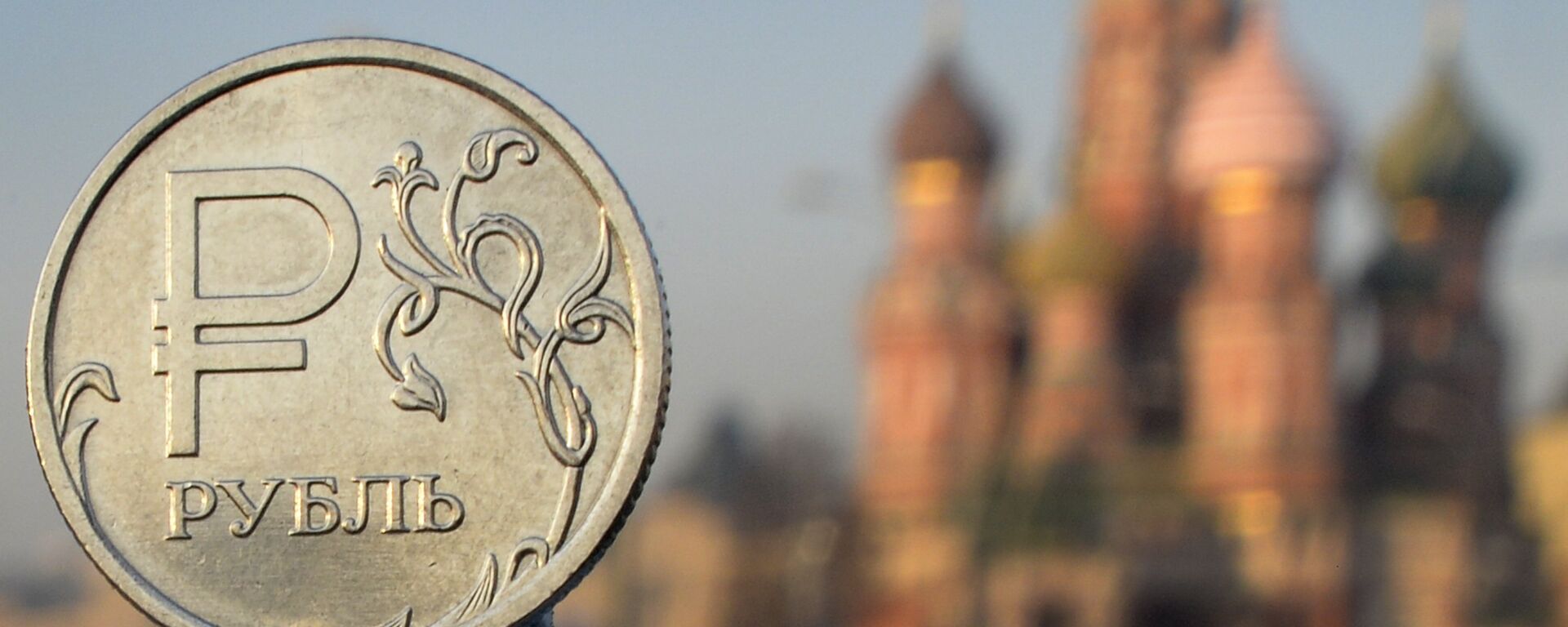
Russian officials have said repeatedly over the past year that the escalation of the Ukrainian crisis into a full-blown NATO-Russia proxy war in February 2022 served to accelerate the creation of an alternative to the US and Western-led global political and economic order.
The emerging multipolar world order is strengthening, and Russia’s adversaries have failed utterly in their quest to isolate the country from international trade and destroy its economy, President Vladimir Putin has said.
“…Objective market laws work stronger than the current political conjecture. This means that the neocolonial international system, which is ugly in its essence, has ceased to exist, while the multipolar world order getting ever-stronger. This is an inevitable process,” Putin said in a plenary address at the St. Petersburg International Economic Forum on Friday.
Putin recalled that in the aftermath of last year’s expansion of the Ukrainian crisis, Russia, facing sanctions and more and more trade restrictions by the West, “expanded contacts” with developing countries.
Sanctions and other pressures did not push Russia into altering its economic development strategy of openness to world trade, Putin emphasized. “Notwithstanding all the difficulties of the past year, we did not turn to the path of self-isolation. On the contrary, we have expanded contacts with reliable, responsible partners in countries and regions which today act as the locomotives – the drivers of the global economy.”
In expanding trade with Russia – by double digits or even multi-fold in some cases, the leaders of these countries demonstrated that they “do not give in to external pressures,” and “are guided by their national interests,” the president added.

De-Dollarization Drive, Economic Growth Prospects Fueling BRICS Appeal
New Tools to Fight Sanctions
Amid Western attempts to restrict Russian trade using international banking systems and major currency instruments, Moscow has developed new mechanisms for trade, Putin said, reporting, for example, that 90 percent of trade inside the Eurasian Economic Union takes place using rubles, and that 80 percent of trade with China is now being conducted in rubles and yuan.
“I have already said and would like to repeat again: the changes taking place in the world today carry a crucial, deep and irreversible character. This is what is important. In these conditions, it is necessary to move only forward. That means we need a proactive economic policy which can be built and implemented in close conjunction with representatives of the business community, with our entrepreneurs,” Putin said.
The president recalled that in 2022 alone, after foreign companies began to leave the Russian market en masse, “buckl[ing] under the pressure of foreign political elites,” Russian companies filed some 90,000 applications for new trademarks, including for clothes, footwear, software, household chemicals, cosmetics, etc.
He noted that many of the goods that were produced by foreign companies were being made in Russia anyway, and that when these companies left, they were simply replaced with the same products marketed under new brands by Russian companies.
At the same time, Putin said that despite requests from Russian some businesses not to let foreign firms back in, “should foreign producers desire to get back to our market (and such talks are becoming increasingly numerous), the door is still open” for them.
“Of course we will prioritize the interests of Russian business,” while those foreign companies which resisted pressure to leave will be treated “as our own,” he said.

Back on Growth Track: How Russian Economy Endures and Adapts to Western Sanctions
Technological Sovereignty, Highway Robbery
Putin also touched on the issue of “technological sovereignty,” saying that the desire to maximize the potential of local industry does not mean production of absolutely all goods and services, “but only those related to important directions” in the economy.
Elsewhere, he said, “new logistical chains” need to be formed.
“For effective development it’s not not enough to automatize individual production processes. It’s necessary to act on the scale of entire markets. Successful examples of such working platforms already exist in Russia. They include the Yandex Taxi market, the system of automatic credit by Sberbank, and the Ozon internet magazine,” Putin said.
The “mass implementation” of autonomous technologies in the economy is needed to assure future growth, he added.
As for the West’s decision to freeze the assets of Russian tycoons and companies abroad, Putin compared such actions to “medieval robbery” of centuries past.
“Many of our businessmen were surprised to find their accounts and assets frozen in the West. It never occurred to them before that this was possible – robbery in violation of all the norms of Russian and international legislation. They just closed them, took them away, and aren’t even explaining why
By Ilya Tsukanov
Published by Sputnik Globe
Republished by The 21st Century
The views expressed in this article are solely those of the author and do not necessarily reflect the opinions of 21cir.com
